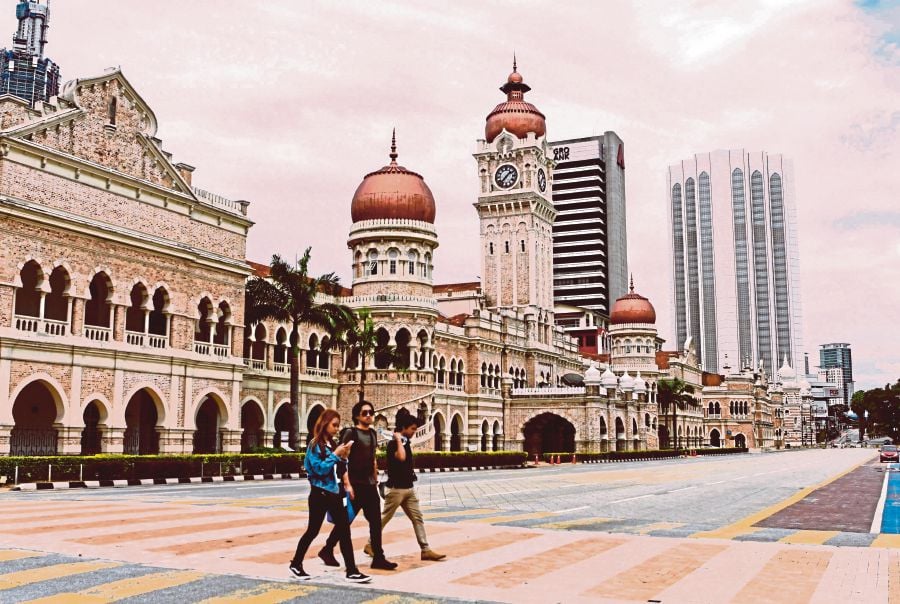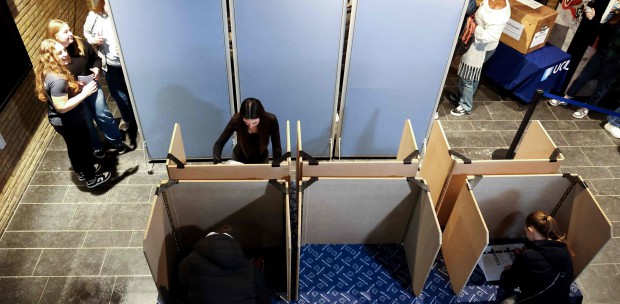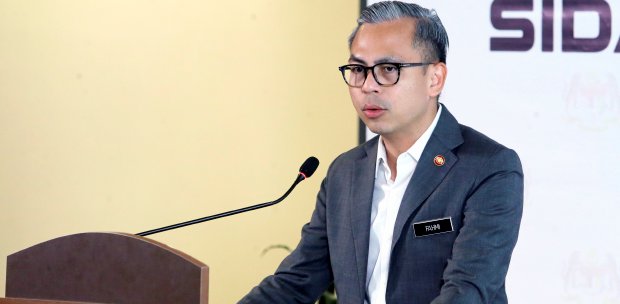I HAD before this written about the importance of holding local government elections. Perhaps the country could take a giant step and embrace deliberative democracy instead.
The fact that citizens in a democracy like Malaysia are unable to elect local representatives is an anomaly. Actually, if you think about it deeply, it is worrying that people seem accustomed to this situation.
The way forward — I would call it the mainstream option — is for the political coalitions to include local elections in their manifestos.
It would be a good day for youths if provisions are included that support their entry into the political arena.
They need not turn themselves into full-time politicians, but rather act as committed citizens giving some of their time as elected councillors.
This is what happens in many liberal democracies. You can be a local politician out of sheer passion and commitment to society.
I even imagine a quota, especially for young female candidates, that would ensure inclusion and diversity.
Moreover, people should have the option to run as independents. If many do so, traditional mainstream parties would come to realise they have a problem with young voters and would be incentivised to modernise.
Ultimately, this would mean the start of a handover of political power to a new generation. The advantage in this is that local policymaking can be one of the best schools to train future political leaders.
This is the best scenario, according to liberal democracy's playbook.
I am intrigued by the possibility of Malaysia embracing models of deliberative democracy.
This concerns the way local politics is organised. It does not depend on the will of the elected representatives but on the people's ability to come together and deliberate.
It sounds revolutionary but is actually based on ancient traditions of deliberation that are still at play in many parts of the non-Western world.
Bringing people together to decide something based on reasoning sounds idealistic. But there are many examples of deliberative practices to draw from.
There is no doubt that there are many considerations, including time constraints that could impact on people's ability to equally participate in forums.
Can Malaysia be a trailblazer in democratic practices? In a pragmatic world, citizens' forums could co-exist with elected councils as long as citizens are empowered to express views and make decisions.
With vision and ambition, we can put Malaysia in the vanguard of a new democratic system.
* The author writes on civic engagement, youth development, the SDGs, human rights and regional integration in the context of the Asia Pacific






